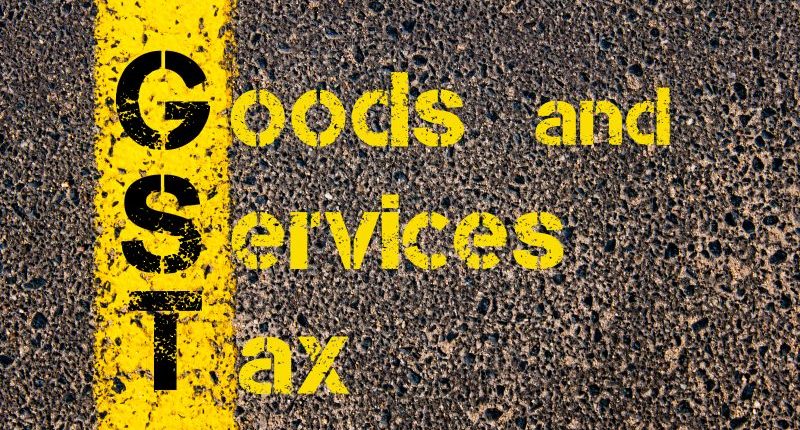Earlier this month, the government had issued a clarification stating that the 18% GST rate will be applicable on ice creams sold by ice cream parlours. The rate would apply with retrospective effect from July 2017, and thousands of ice cream parlours, especially small businesses, have opposed this move.
Since the start of the COVID-19 pandemic, these ice cream parlours, especially small businesses, have taken a big hit, and they now fear bankruptcy if they are required to pay this tax that has been imposed retrospectively. The Indian Ice-cream Manufacturers’ Association (IICMA) has written to the Finance Ministry to make the 18% GST rate applicable from October 2021 instead of from July 2017. Until 6th October 2021, they have requested that the 5% GST rate apply.
The 18% GST rate was clarified in a circular that justified ice cream parlours selling already manufactured ice creams. They do not have a character of a restaurant as they do not engage in any form of cooking at any stage. Hence, the activity carried out by ice cream parlours amounts to a sale or supply of manufactured goods, and this character does not change even if certain ingredients of service are provided with it. For example, the ice cream parlours add chocolate sauce and nuts to vanilla ice cream before serving it.
If the 18% GST rate were to apply with retrospective effect, doing business would not be sustainable for these ice cream parlours as they operate on very narrow profit margins. A difference of 13% GST between the applicable rate to be paid now and the amount collected from customers would need to come from their own pockets. The ice cream manufacturers lobby further claimed that due to the 5% GST rate, ice cream parlours had not been taking input tax credit either.
Experts have supported this request made by IICMA to the government. They believe that the additional GST burden would negatively impact the liquidity and profits of these small businesses since they have already charged and passed on the benefit of the lower rate.
For any clarifications/feedback on the topic, please contact the writer at athena.rebello@cleartax.in

I’m a Chartered Accountant by profession and a writer by passion. ClearTax lets me be both. I love travel, hot tubs, and coffee. I believe that life is short, so I always eat dessert first. Wait.. life is also too short to be reading bios… Go read my articles!





